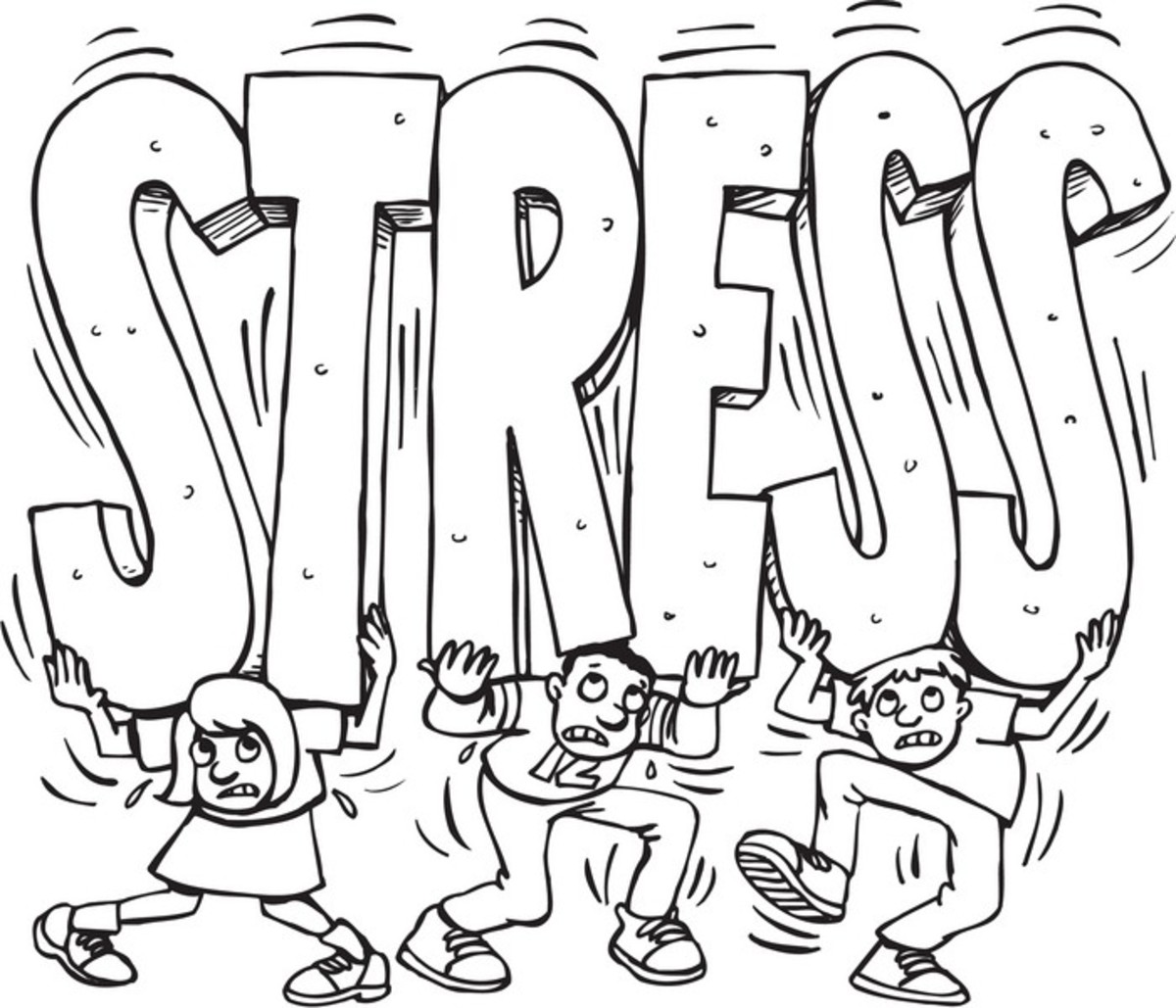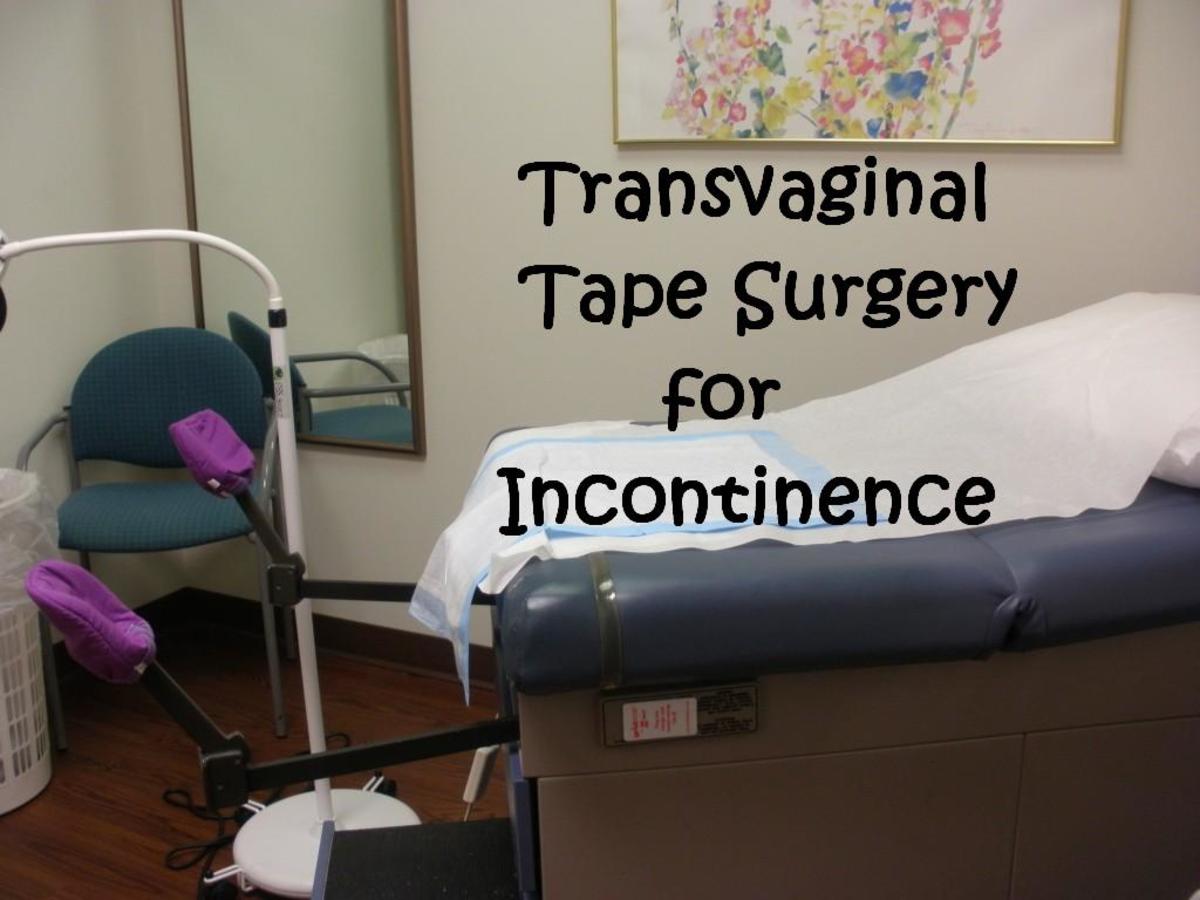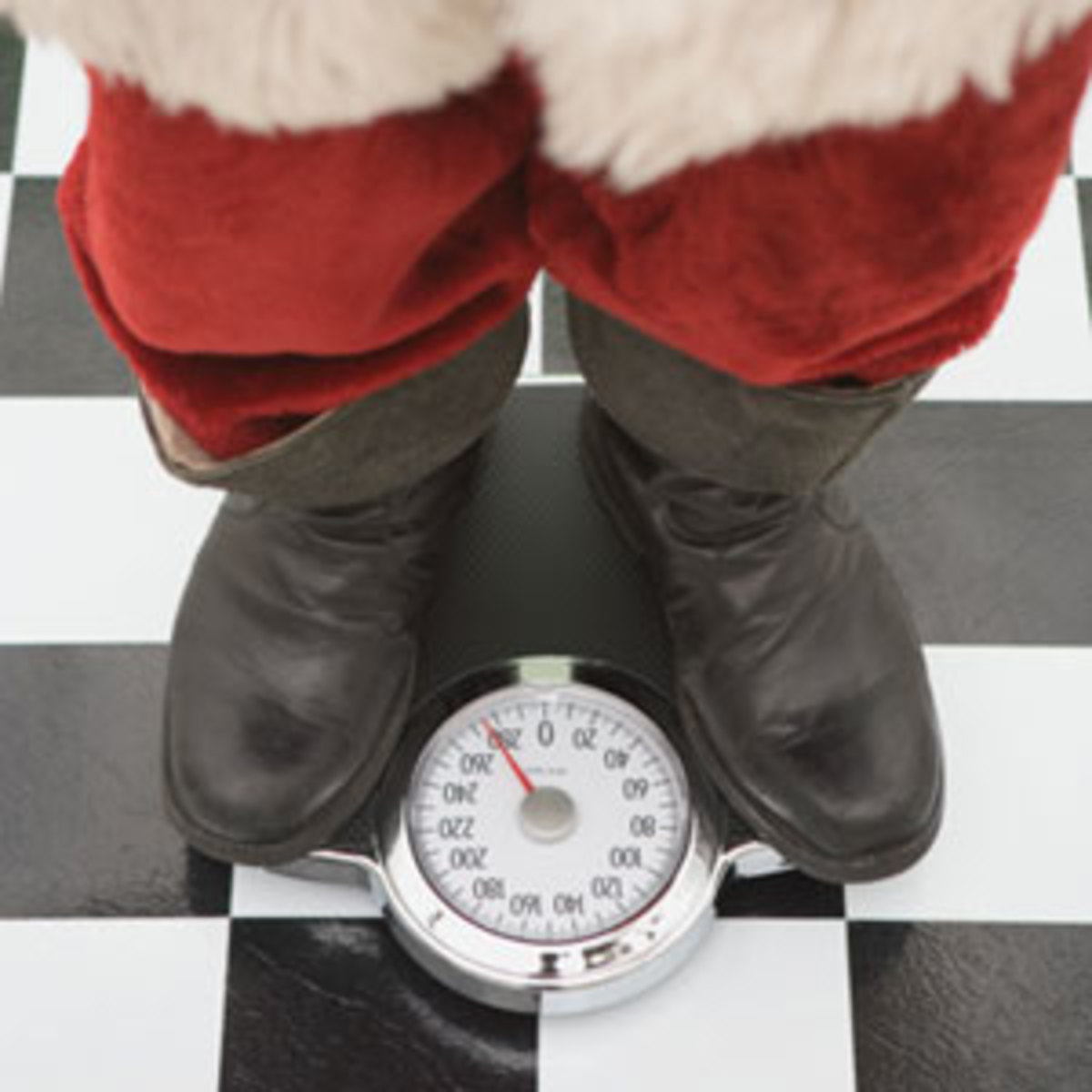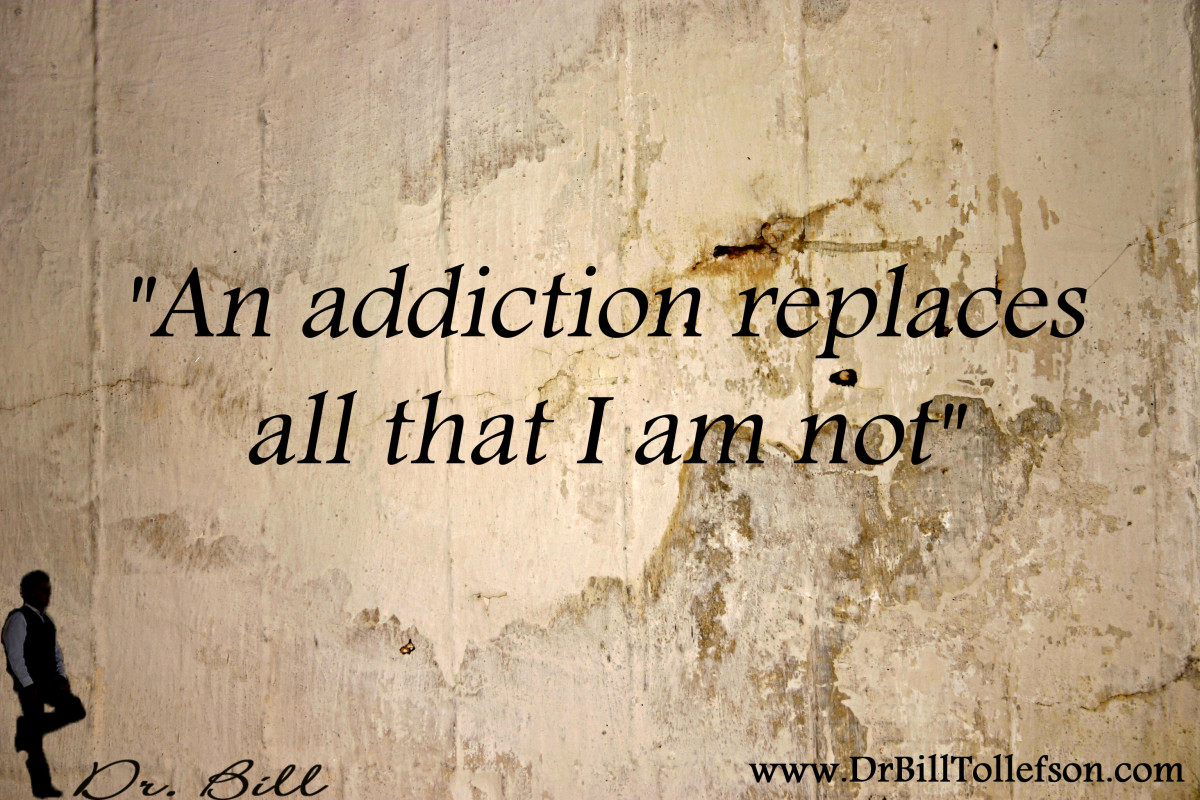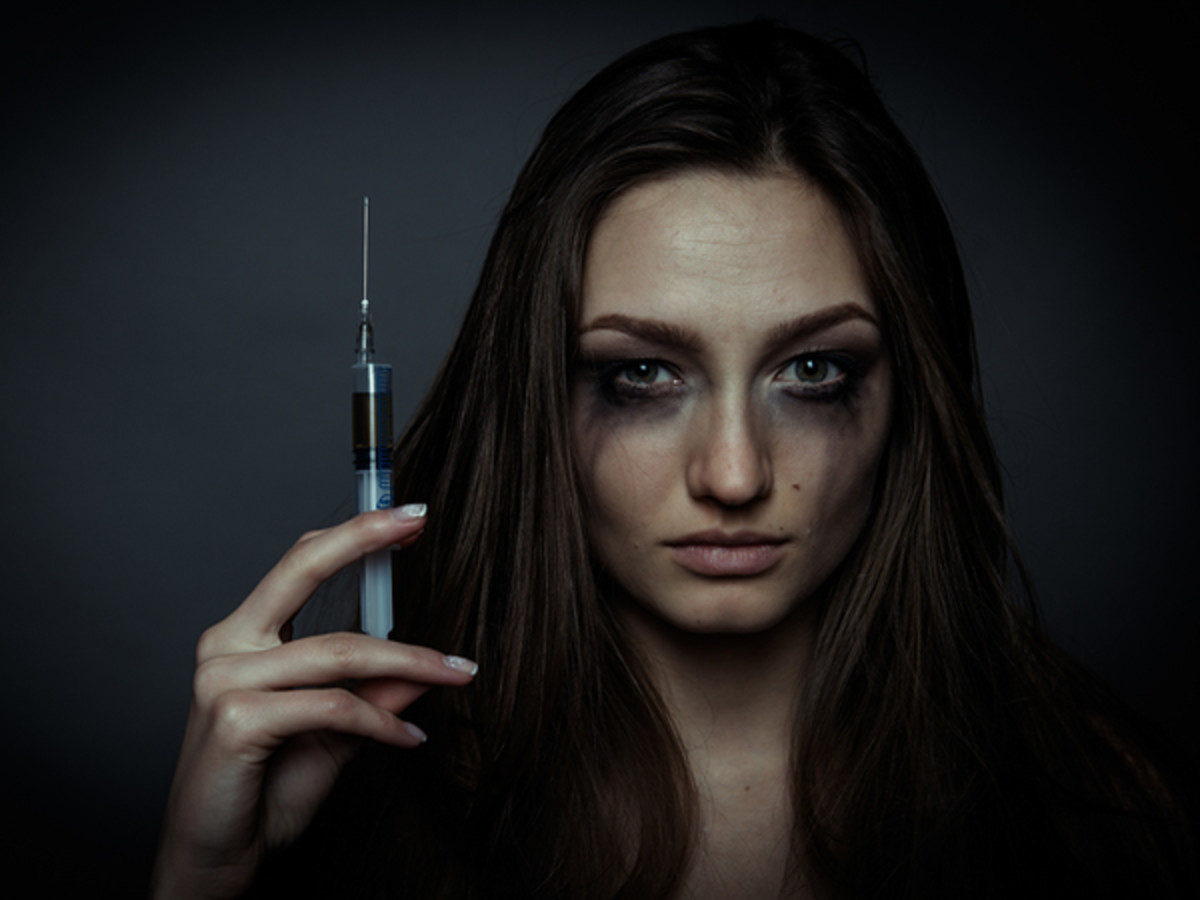Relapse Prevention: Holiday Edition
Holiday parties without liquid spirits may still seem a dreary prospect to new A.A.s. But many of us have enjoyed the happiest holidays of our lives sober—an idea we would never have dreamed of, wanted, or believed possible when drinking. Alcoholics Anonymous
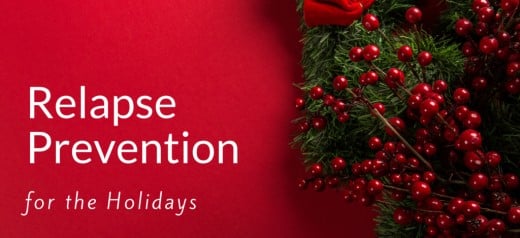
Recognize Holiday Stress
Holidays present an increased risk of relapse for people in recovery from addiction and alcoholism. Learning to recognize stress related to holidays and ways to cope with stress can help prevent a relapse during the holidays. Your risk for relapse is determined by how well you cope with increased stress.
In early recovery, your ability to cope with stress without using can be very limited. This is partly because your substance use has been your only coping mechanism. You haven’t learned or practiced other ways to cope without using. Also, in early recovery you are still experiencing some chemical, biological and psychological changes as a result of stopping your use, and your body has not yet adjusted. This adjustment is stressful in itself!
The experience of successfully coping without relapsing increases the likelihood of continued sobriety.
Develop a Plan
As you put more time and effort into your recovery, your coping skills and ability to cope improve. As you practice new coping skills and experience success with them, your confidence increases. As your confidence increases, your ability to cope also increases. The experience of successfully coping without relapsing increases the likelihood of continued successful coping and continued sobriety.
Minimizing or denying the existence of stress, or exaggerating your ability to cope with stress can lead to relapse. An accurate assessment of stress and a clear plan for coping with stress will increase your chances for coping successfully. The quiz below was designed to help you identify sources of stress related to holidays. Answering these questions honestly and accurately can help you identify holiday related stress, and assess whether your risk for relapse is mild, moderate or severe. Using your quiz results, you can then develop a realistic plan that will help you respond effectively to holiday stress.
Holiday Stress Quiz
view quiz statisticsRelapse Prevention - Ways to Avoid Urges
Ways to Cope
By taking the quiz you have already increased awareness of holiday related stressors. You have also assessed your own risk for relapse as mild, moderate or severe. Next let’s look at ways to cope with the stressors identified.
- Keep doing what you are already doing that has kept you sober so far!
- Make a daily schedule and stick with it.
- If traveling, find meetings where you will be going and plan to attend them.
- If traveling, schedule phone meetings with your sponsor.
- Keep your phone list with you.
- Avoid stressors if possible.
- Schedule sober activities that you enjoy.
- Get plenty of rest
- Increase meetings
- Plan to attend a meeting immediately after the stressor.
- Take a walk
- Write in your journal
- Read meditations, literature or the Big Book
- Use breathing, relaxation and mindfulness skills
- Think of urges and cravings as waves that will pass in time
- Think of the benefits of staying sober
- Think of the costs of a relapse
- Identify and correct any irrational or addictive thoughts.
- Offer to help someone
- Exercise
- Look at things from someone else’s point of view
- Memorize an affirmation and repeat it throughout the day
- Prepare and rehearse a positive way to respond to a particular stressor
- Remember it’s ok to make mistakes. That’s what people do.
- Be able to laugh at yourself
- Smile
- Use AA slogans: A Day at a Time, Easy Does It, Progress Not Perfection, Let Go Let God, etc.
- Do something fun
- Go to a movie
- Meditate
- Avoid negative self talk
- Practice positive self talk
- Remember a lapse or slip does not have to lead to a full blown relapse.
- Respond to a slip by increasing recovery activities.
- Accept yourself as you are.
- Accept your feelings as normal, understandable and manageable.
- When people bring up past, using behavior let them know you are trying to change.
- When people say things that are hurtful, politely let them know that you don’t appreciate it.
- Prepare a “no” response when someone asks you to use.
- If you’re uncomfortable, leave.
- Avoid big scenes or drama.
- Make a deck of index cards with these coping skills. When triggered, pick a card and DO it!
Consider how confident you are that you will be able to substitute one of the above suggestions to cope with a stressor. Rate your confidence on a 1 – 10 scale. If you rate your confidence as 4 or below, consider avoiding the stressor and increasing recovery activities. If your confidence rating is 5-7 consider practicing the above responses until they are more comfortable, or identify sober responses that would be more comfortable for you. If your confidence rating is 8-10, you are very well equipped to respond effectively to holiday stress. Remember to keep up your recovery activities though. If your rating is above 10 and you think you don’t need to keep up recovery activities, you are overconfident and in danger of relapse!
Have a Happy Holiday!
This content is accurate and true to the best of the author’s knowledge and is not meant to substitute for formal and individualized advice from a qualified professional.
© 2010 Kim Harris


